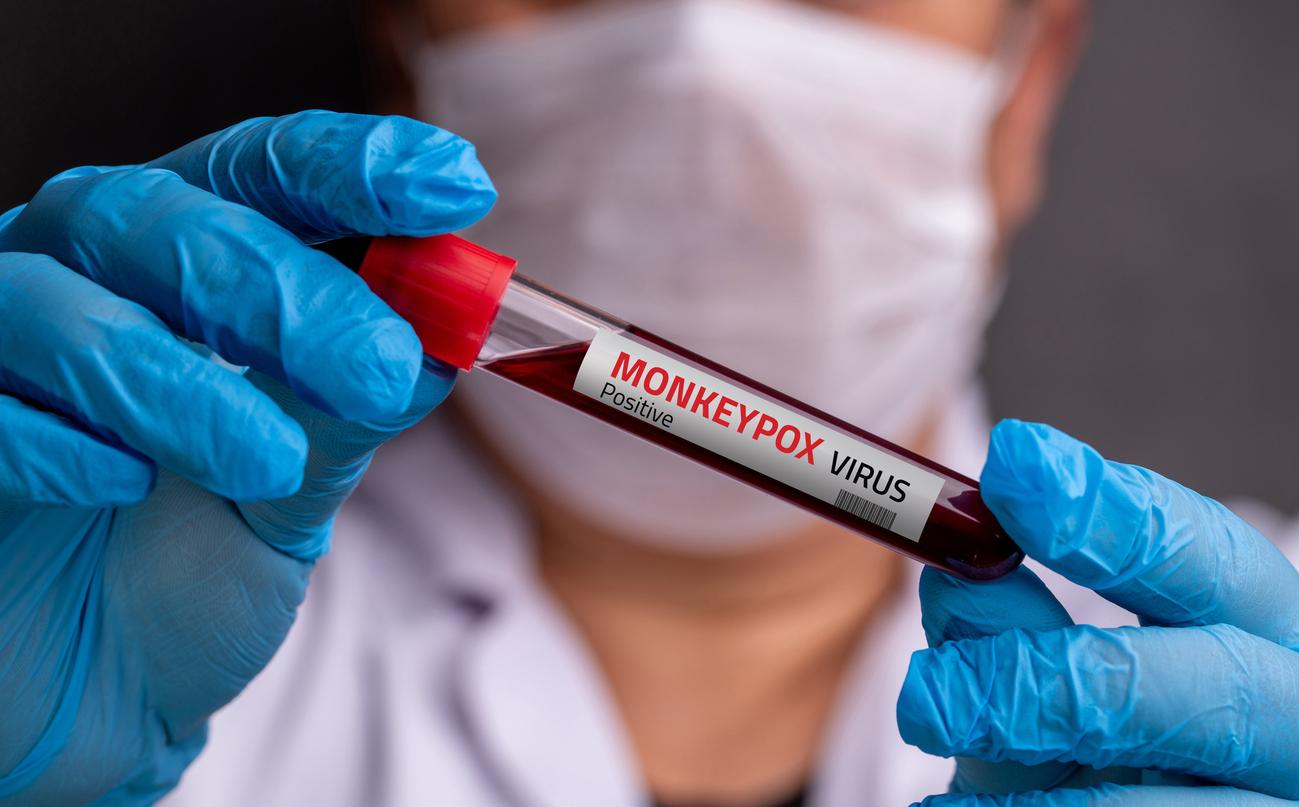
A virus has escaped from a Spanish equestrian center pushing the authorities to place thousands of horses in quarantine. It is a very contagious and sometimes fatal equine rhinopneumonia virus (EHV-1) in equines but not transmissible to humans.
A very contagious virus but not transmissible to humans
During an international show jumping competition that took place in an equestrian center in Valencia in Spain last February, an EHV-1 virus infected several horses raising the threat of an equine pandemic in Europe. It is a virus of the respiratory tract also known as rhinopneumonia. More precisely, it is a disease linked to a herpes virus which is transmitted by inhalation or contact with infected secretions. If the virus is observed every year around the world, the increase in severe cases is considered worrying.
Although it is not transmissible to humans, the virus is highly contagious in horses. But above all, it can have serious consequences since it can be fatal. Indeed, the first symptom to watch out for is fever. Then respiratory symptoms and neurological problems can occur. In the most serious cases, the infected horse does not end up standing and dies.
Confirmed cases in France, Belgium and Germany
The first case of EHV-1 outside Spain was detected in mid-February in France, more precisely in Calvados, where several horses were placed in isolation. Other cases have been observed in Belgium and Germany in horses participating in the competition. As a precaution, thousands of horses have been quarantined across Europe. At the same time, the international and French equestrian federations have decided to cancel all competitions, gatherings and courses until March 28, 2021.
Although a vaccine exists, it is not mandatory. This is why it is recommended not to touch horses during walks because although the virus is not dangerous for humans, they can still transmit it by contact. For horse owners, it is also strongly recommended not to welcome new arrivals and if in doubt, isolate them and take their temperature to monitor them.















